3 Reasons AI Coding Should Be Part of Your Digital Citizenship Lessons for Kids
3 Reasons AI Coding Should Be Part of Your Digital Citizenship Lessons for Kids
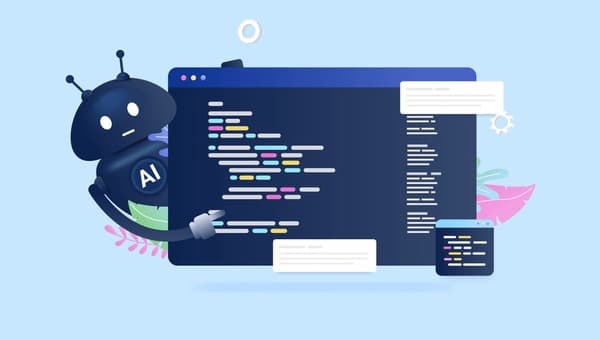
The future is upon those capable of becoming critical thinkers, capable of innovating in an ethically sound manner, and able to utilize technology in a responsible manner. With the advent of artificial intelligence as a ubiquitous aspect of life (smart assistants, adaptive learning applications, etc.), it is no longer a matter of choice to learn how it works; rather, it is a necessity. Being trained to write AI code as part of digital citizenship will close the disconnect in children who are passive bystanders of technology to informed makers who are aware of the consequences of their digital behaviors.
Implementing the idea of AI in primary schools will enable students to look beyond the screen. It teaches them to become skeptical about the way algorithms decide, that there is bias in the data, and that there is a person behind each digital invention. By learning how to create simple AI models or play around with code, kids will acquire skills in solving problems and thinking logically, which will equip them to meet similar challenges in the future and make them more conscious of ethics in their online actions.
This guide discusses three most important reasons why AI education should be discussed during any lesson on digital citizenship. You will find out how it empowers essential 21st-century strengths, responsible innovation, and offers real-world means of introducing coding in AI to children as early as ten, by parents and teachers alike. The youngest learners with the proper approach could begin to learn not to be afraid of the intelligent technologies that are going to make tomorrow, but to understand them.
Preparing Young Minds for Future Innovation through Artificial Intelligence in Education
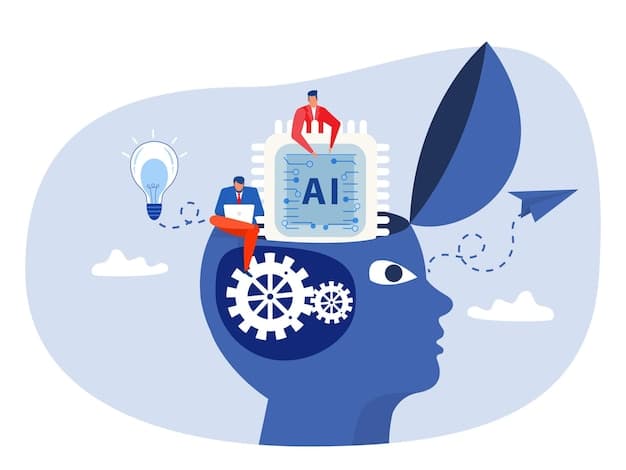
Artificial intelligence in education is not a luxury in a world that is quickly being automatized, robotized, and smart. It is a necessity. By teaching AI coding early, children are exposed to digital tools and can comprehend the underlying logic, ethics, and creativity behind it. As soon as young learners are able to understand the way machines think, they cultivate a mentality of questioning, enhancing, and creating technology in a meaningful way and not merely consuming it.
The problem-solving and creativity acquired at a young age are the results of exposure to AI as abstract knowledge becomes an interactive process. Children are taught to break down problems, experiment with visual coding sites, and think in a computed manner regardless of whether they are training a simple chatbot or trying various ideas. Such practical style does not merely impart in them the knowledge of how to write a code- it instills in them the knowledge of how to think.
Meanwhile, AI literacy creates responsible technology usage. When children learn how algorithms take their decisions, they hear about such problems as data privacy, bias, and digital ethics. Creating curiosity as well as coding are both motivators of a generation of innovators, who apply AI to make thoughtful and ethical decisions in the real world. Schools all over the world are already integrating AI and computational thinking into STEM curriculum and enabling students to make technology rather than merely consume it and ensuring they are prepared to dominate an AI-driven world.
Example insight: In Singapore, at one of the primary schools, learners as young as nine build simple image-recognition games with Scratch and Teachable Machine. They post images of animals and they train the software to determine cats and dogs. This fun project will help them understand how AI learns by using data- and why it is sometimes wrong. The educators then facilitate a conversation about bias, accuracy, and fairness and make kids understand that AI decisions are not magic, but it is a human-created product.
Building the Foundation for AI Coding and Digital Ethics
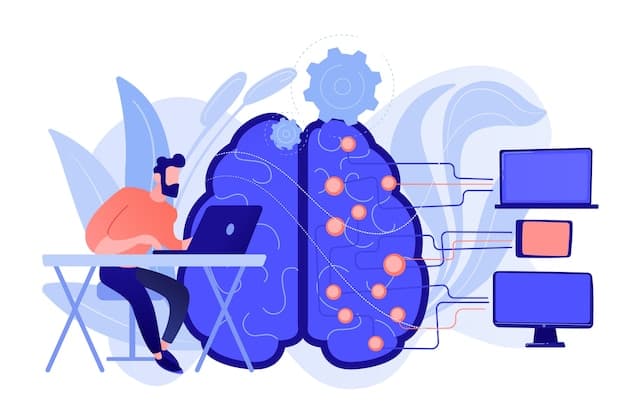
AI education must be based not only technically but also ethically. As children learn to build and program artificial intelligence systems, they will start to find the ethical issues surrounding the current technology: how automation affects the employment of people, why data security is a concern, and how algorithms can be biased to affect the real world. Such early educations make children realize that there is nothing like technology is neutral; it is merely a reflection of what the creators of the technology want.
With the implementation of digital ethics, as well as AI coding, teachers can cultivate the generation of thinkers who do not only create smart tools but create them in a responsible manner. Educating children on the importance of being innovative and at the same time empathetic can make them use technology to do good things, namely, addressing issues, engaging others, and advocating privacy and justice. When children get to know how machines make decisions, they are not only coding but they are creating a more ethical digital future.
This section should explain:
The balance between coding AI for beginners and teaching empathy in technology: The use of AI with young learners should not be limited to coding logic. When students develop simple chatbots or train models, teachers can instruct them to think of the impacts of their own creation in the real lives of people. Empathy teaching should be accompanied by coding, as students must understand that technology is not meant to destroy humanity but to assist it.
How AI lessons connect to digital responsibility—showing kids why ethical use of technology matters: Digital responsibility can be taught by AI education in an impressive manner. Coding projects help kids understand the way algorithms make a decision, why privacy and consent are important, and how they (or their digital activities) can influence society. Such awareness creates a platform of thinking in terms of using technology in a prudent and responsible way.
The role of AI coding classes in encouraging children to think about fairness, diversity, and inclusivity in tech creation: The classes in AI coding may promote discussions concerning the issue of technology fairness and diversity. Students have an opportunity to learn how prejudice is introduced into algorithms and brainstorm on how AI can be made more inclusive. Kids learn how to create ethical design through designing respectful chatbots and making sure that datasets are actually representative of different communities.
The Growing Role of AI Coding in Shaping Responsible Digital Citizens
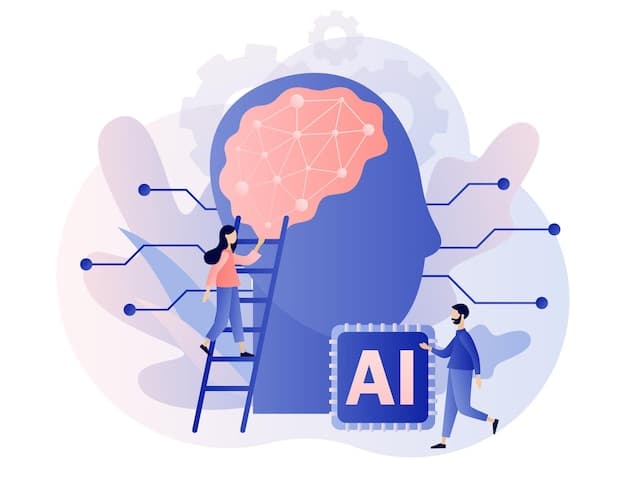
Artificial intelligence is slowly defining our lives, education, and communication. Recommendation algorithms to smart devices are turning kids into adults living in a world where AI is ubiquitous. With the incorporation of AI coding in digital citizenship classes, teachers would be able to make children aware of the opportunities and the dangers of AI and educate them to operate in this field well-informed but not mindlessly. Early exposure will provide the students with the competencies to make informed decisions and the ability to challenge how the technology is changing the society.
Critical thinking and ethical reasoning and problem-solving are also reinforced by integrating AI coding within the citizenship education. By doing practical projects, students do not only learn how to use AI but to assess it in a conscientious manner, taking into account the privacy, justice, and the overall effect of automation. For example, children might:
Create a simple artificial intelligence application that detects freaky and foolproof online content, reinforcing online responsibility.
Test a chatbot which blocks answers in a polite way, a demonstration of the significance of ethical programming.
Examine datasets to identify any form of bias or unfairness, and demonstrate to them what inclusiveness is in AI design.
When applied with the code of ethics, AI education can produce a generation of responsible digital citizens with an ability to innovate in a thoughtful way without overlooking the social and moral consequences of employing technology.
Building Ethical Awareness in AI Technology

The children should realize that AI can simplify their lives but it also can create certain problems such as misinformation, prejudice, or even privacy issues. Ethics training and AI code teaching can make them view technology as something useful that should be utilized in a responsible way. These concepts can be brought to life in simple, practical activities that can be related with.
Talk about social media algorithms: How the order of content is determined and opinions can be influenced.
Design respectful chatbots: Make children design AI systems that can respond in a polite and inclusive way.
Explore bias in datasets: Educate learners how to avoid bias and support diversity in AI projects.
Standards privacy and consent: Demonstrate how one should be responsible in dealing with personal data in any AI application.
Develop Critical Thinking and Problem-Solving Skills with AI Education
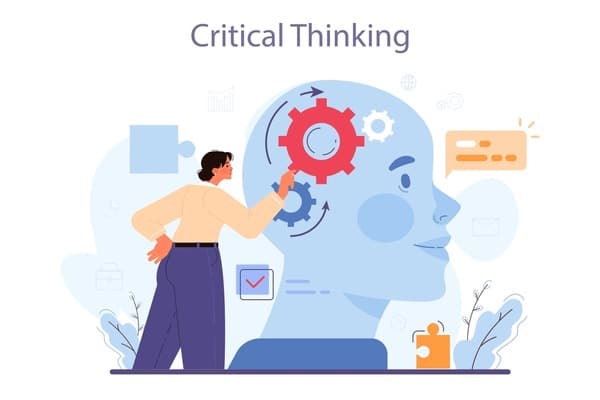
AI coding helps children to be imaginative and innovative in their thinking and resilientin moments of trouble. The concept of decomposing complex problems into small manageable steps, which is mastered through practical coding projects and exploration, helps kids in logical thinking and in structured thinking.
The visual and interactive experience of learning is facilitated by interactive platforms and AI code writing tools, such as Scratch, Teachable Machine, and 7-year-old-friendly coding toys. Such activities promote innovation and exploration, and children can observe the immediate outcomes of their actions and enjoy themselves.
The early exposure to visual coding can smoothly transition into the learning of real programming languages like Python, and familiarity with the concepts of AI and machine learning can be achieved. This development will assist them in understanding how smart systems can learn using data, discern trends, and make choices, which will prepare them to take on new positions as AI engineers or data scientists in the future.
In addition, the regular training with AI coding assistants enhances the quality of the codes as well as their efficiency. Children learn to debug and optimize and test logic - some of the key characteristics of a digital-literate and future-ready generation.
Preparing for a Future Driven by Artificial Intelligence in Education

Students who possess the necessary skills in AI coding will face an obvious advantage as AI transforms every sector, such as the health sphere, finance sector, etc. Exposure to AI tools and AI coding assistant at the earliest age will make children aware of how smart systems can be used, and this is preparing them to the future of work and innovation.
The career paths are coming quite fast as a result of early AI training - robotics and data science, machine learning and automation. Early exposure to the ideas of AI leads to not only technical knowledge but also creativity and flexibility in kids, which are vital qualities of a future employee.
This awareness has to be nurtured by the schools and parents. Introducing AI into the comprehensive development of a child enables students to think critically when it comes to the effects of technology, ethics, and opportunities.
Finally, today the AI literacy is the opportunity tomorrow. Children will become the ones who will shape the future instead of technology consumers when they perceive AI as a means to empower themselves, be creative, and solve problems.
Conclusion: Building Future-Ready Learners with AI Coding Tools and Machine Learning
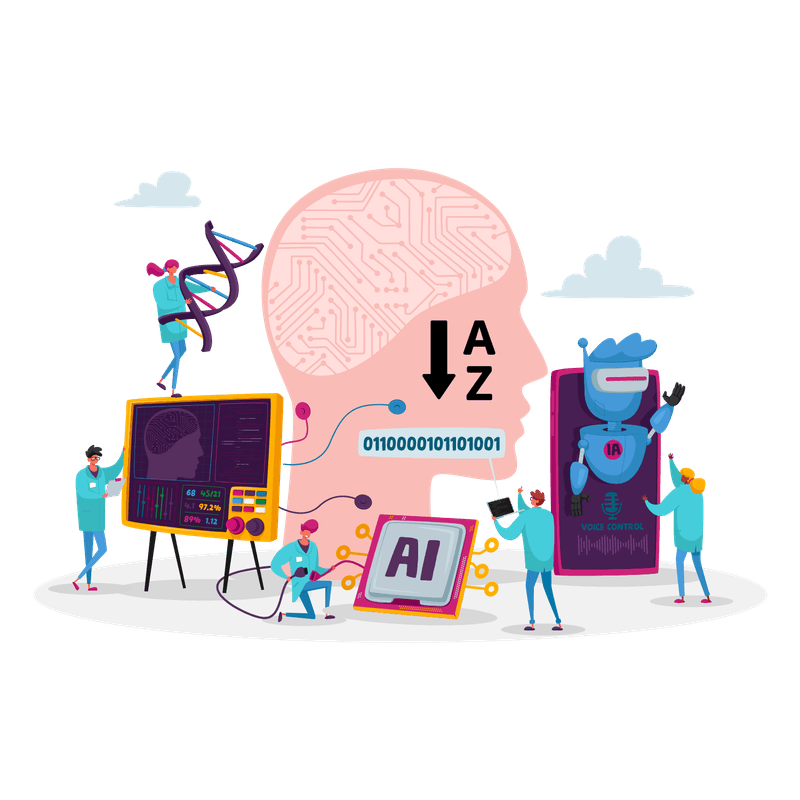
The future generations of the digital citizens will not simply consume technology, but they will develop technology. Teaching children to use AI early enables them to leave a passive tech use culture behind and develop as creative problem solvers, who think critically and take responsible actions. The use of AI tools and AI coding assistants will help them learn how technology learns and develops, become curious, and creative.
Through the experience of learning about AI and machine learning, children gain critical thinking, ethical consciousness, and the background knowledge to become engineers, data scientists, and innovators in the field of AI in the future. Not only as a technical skill set, but AI education promotes empathy, creativity, and purpose- a way to make sure that the generation to come is not only surviving in the digital future, but is guiding it onwards with vision and integrity.
FAQs: How AI and Machine Learning Shape the Future of AI Powered coding
What is AI education and why is it important for children?
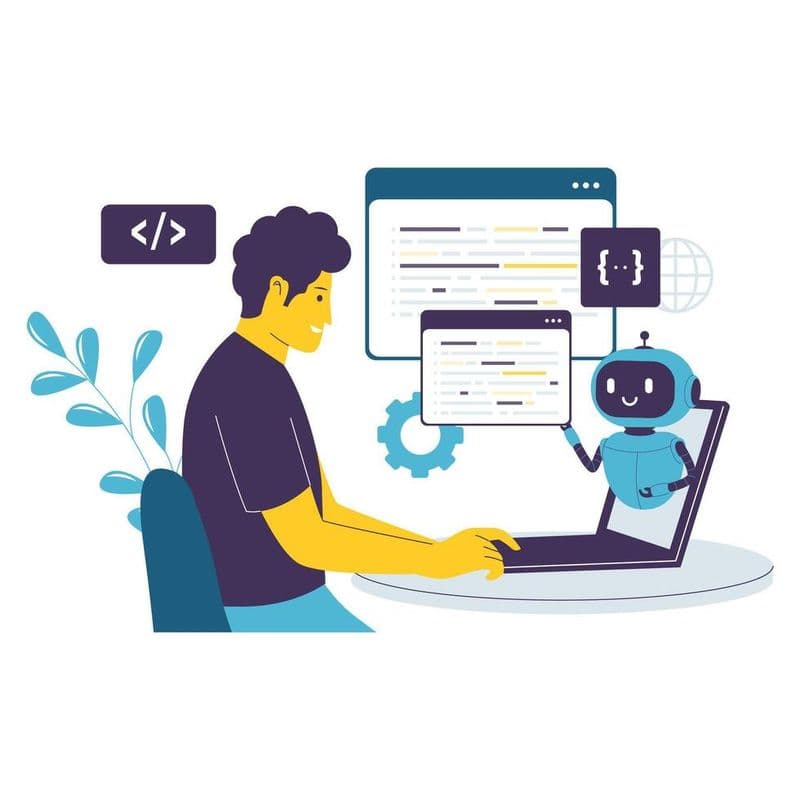
The AI education will educate children on the functioning of artificial intelligence and get them to think critically and ethically about technology. It will assist them in knowing how machines can learn, predict and support people and transform curiosity into confidence with AI solutions and coding systems inspiring creative problem-solving.
What are some of the best coding toys for 7-year-olds to introduce them to AI?
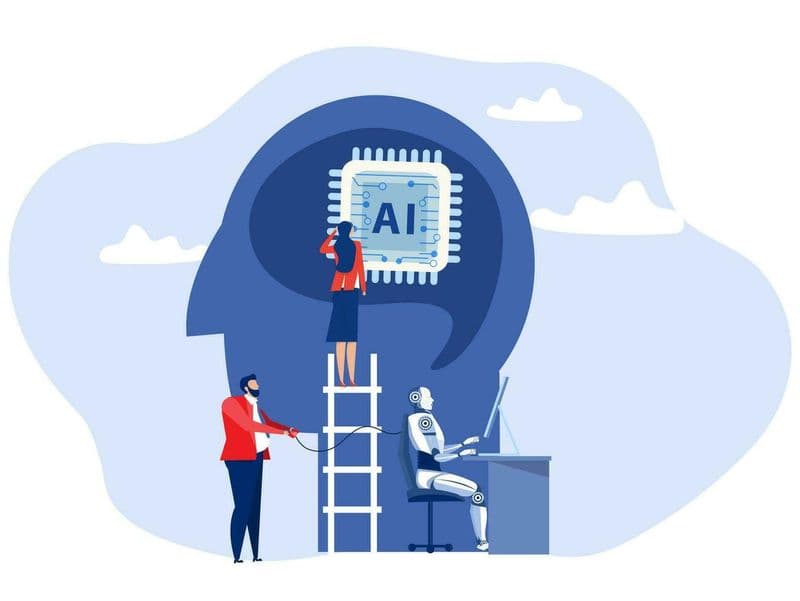
Lego Mindstorms, Botley, and Sphero Mini are toys that simplify and make fun dealing with such complicated things as logic, coding, and automation. Such humorous presentations create the background of AI and machine learning because they demonstrate how the real world system applies the principles of coding to perform intelligent functions.
What AI coding languages are used for artificial intelligence?
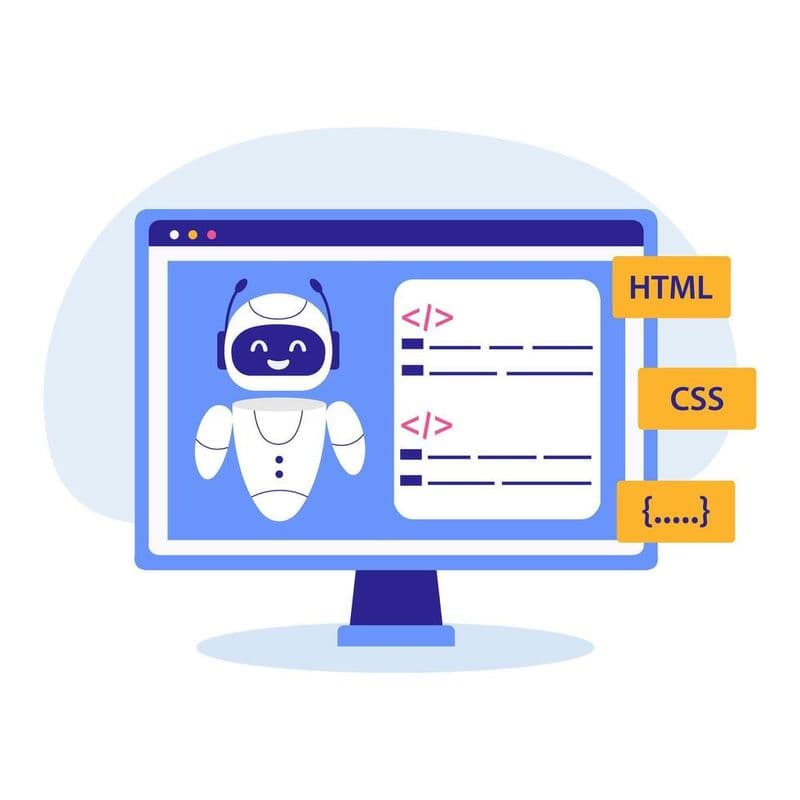
Python, Java, R are also popular languages in AI development since they can be used to handle data, algorithms, and machine learning systems. However, beginners may begin with visual tools such as Scratch, which are easier to learn the logic and structure of coding in and only move to professional AI coding tools.
How can kids learn AI coding without prior experience?
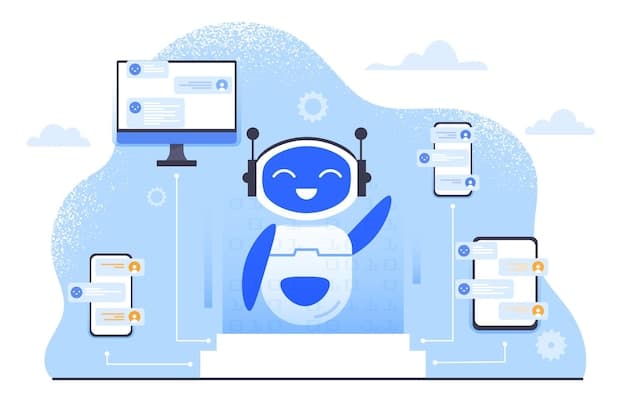
Coding classes led by AI experts and novice platforms such as Codeyoung are based on interactive, project-oriented learning to learn AI concepts. By using practical tasks and step-by-step instructions, children acquire the experience of working with AI-based coding assistants and develop both confidence and imagination in their practice.
How can AI education help students develop adaptability and resilience in an ever-changing technological landscape?
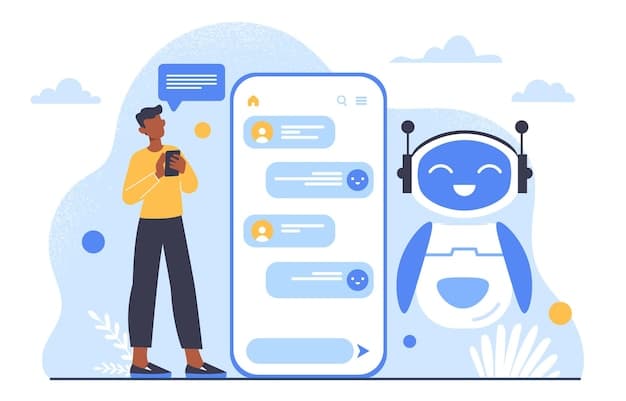
Lessons in AI help a student to think creatively and flexibly by asking questions about what has been taught. Through trial and error projects in AI and machine learning, children become more persistent and analytical and learn to use technology creatively and with intent to learn.
What is the significance of teaching AI-powered automation and machine learning concepts?
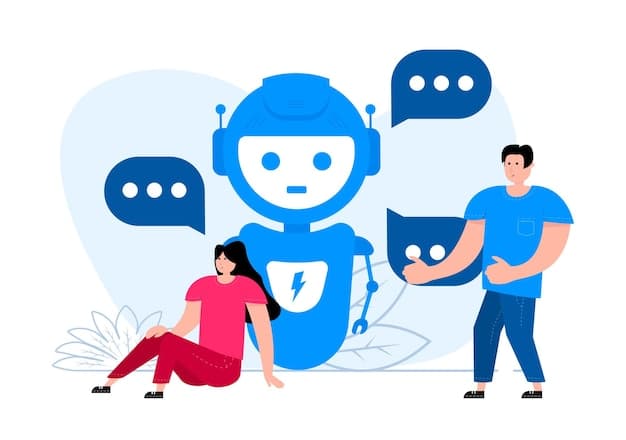
Intelligence AI education enables children to learn how information can be used to make choices in intelligent systems, such as suggestions, forecasts, and automation. This understanding makes them ready to work in AI engineering and data science in the future, where thinking data-driven and making ethical decisions is one of their skills.
How can AI education empower students to better understand ethical implications in real-world AI applications?
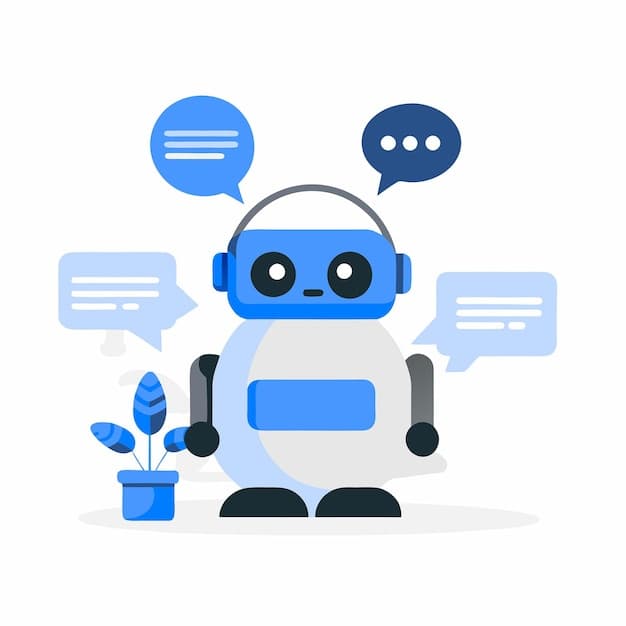
Educating children on bias, privacy, and social influence can enable them to use AI in a responsible and conscious manner regarding its impact on the society. Through real-life examples, the students get to understand that technology must embody fairness and inclusiveness and how they can create a future where AI applications can be used in a positive manner by humanity.
How does integrating AI coding into early education enhance a child’s cognitive development and future career prospects?
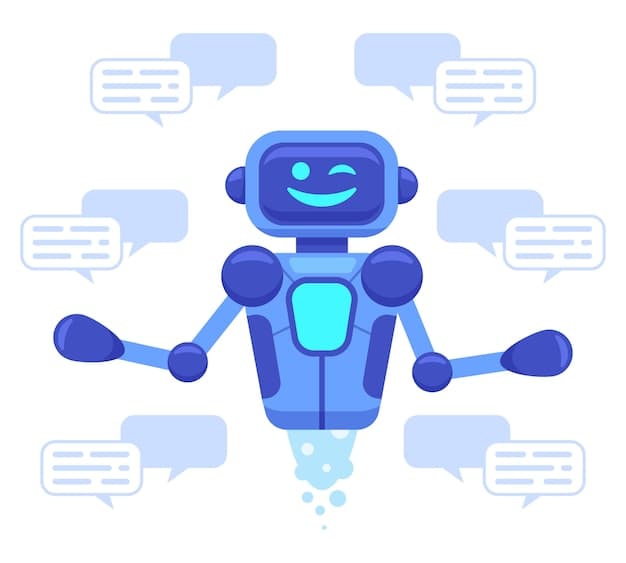
Exposure to AI at an early age promotes logical reasoning, pattern recognition and flexibility, which are all essential to achieve success in any profession. It is fostering a generation of confident and ethical innovators who are prepared to innovate to become future AI engineers, data scientists and digital leaders in an AI-driven world.
Comments
Your comment has been submitted